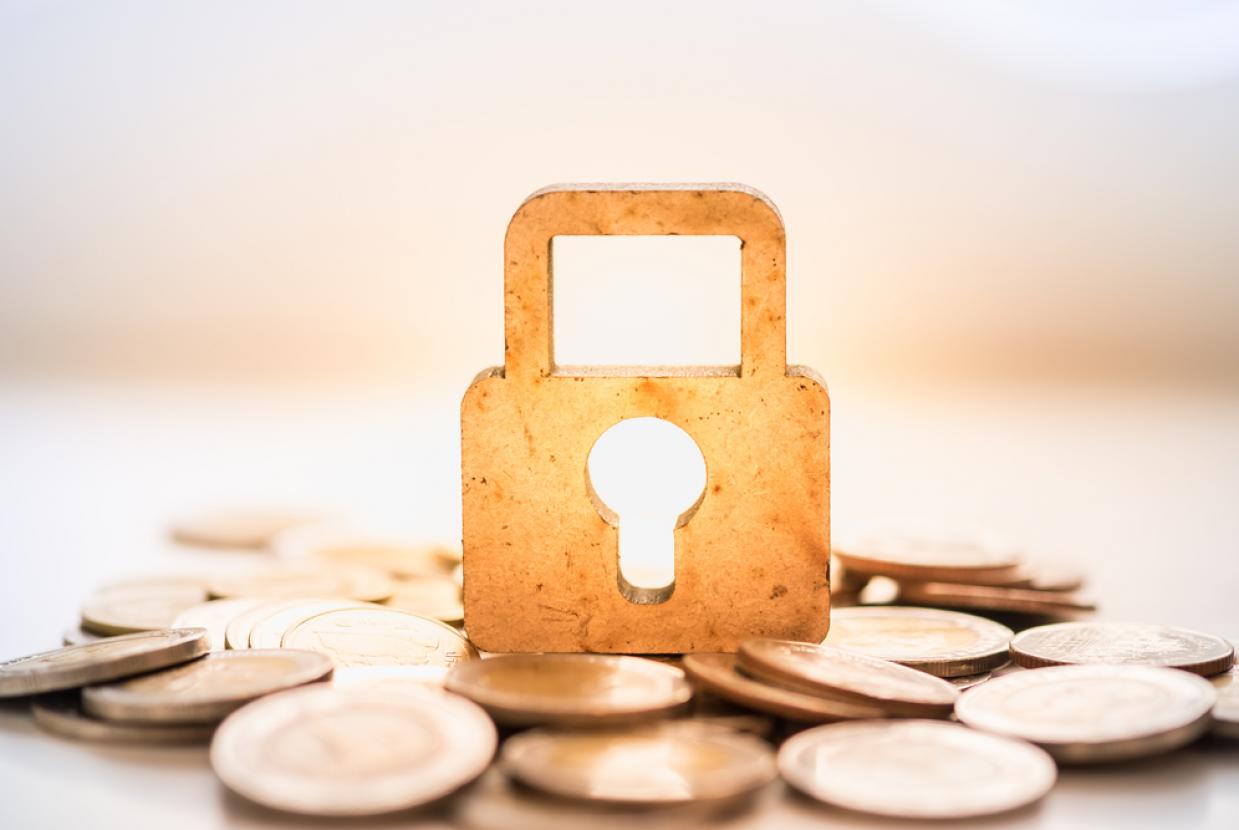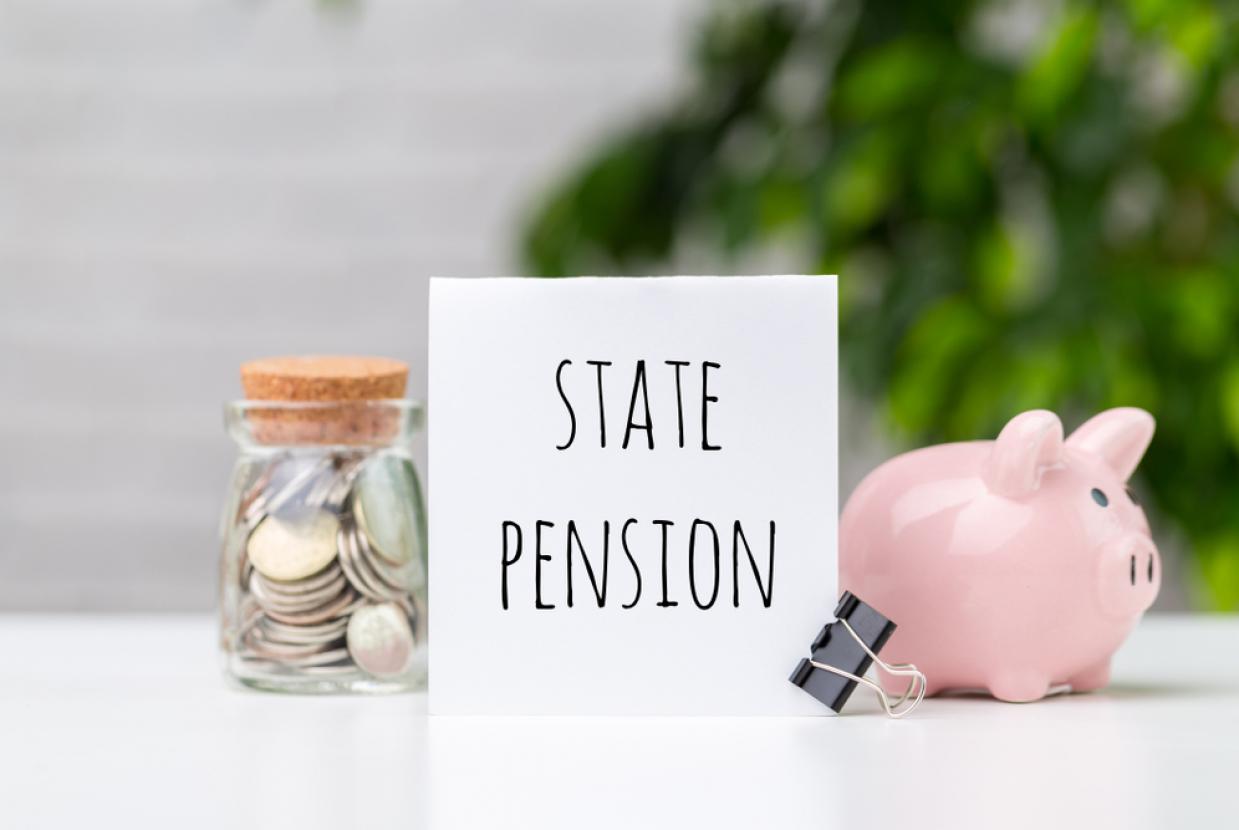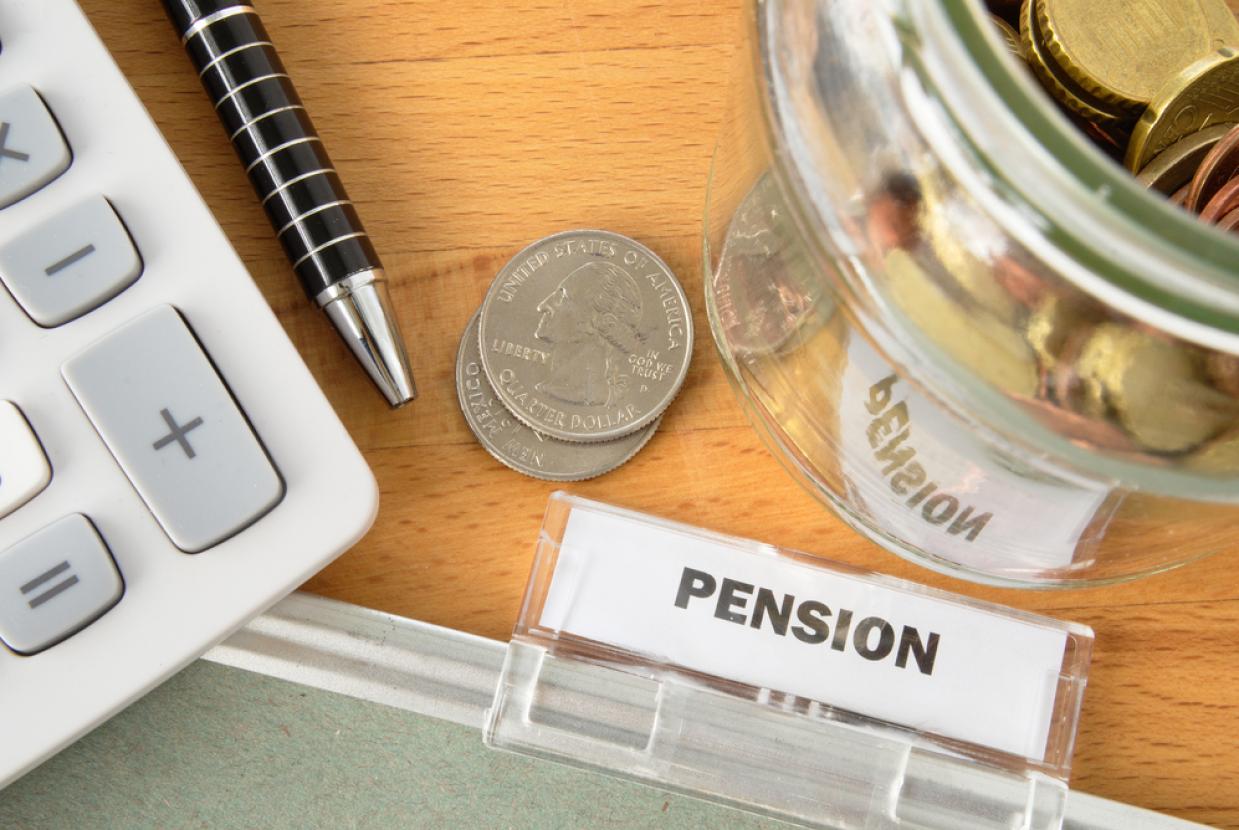How to check your state pension
Pensions and RetirementFigures from Department for Work and Pensions show more than 2.1m pensioners receive less than £100 per week in State Pension, with women overall likely to receive less than men. But so many of us don't think to check until retirement is in our sights, unaware that there may be steps we could take to ensure we get the maximum amount long before this.
To get a full state pension, you should have paid in at least 35 years' National Insurance contributions (for people reaching state pension age after April 2016). Currently, the state pension stands at £179.60 per week. There are plenty of ways you can boost you pot such as claiming child benefit or specified adult.
How to check how much state pension you are on track to get
To make sure you have a sufficient amount to retire on, it's important to know that you're on track. Yet, three million workers are leaving it too late to plan for their retirement, according to research. The Money and Pensions Service (MaPS) found over 37% of over 50s were leaving it to the final two years of their work life to financially plan for retirement, if at all.
“Given over a third of over-50s have had their finances affected by Covid-19 and we’re now facing a recession, we’re urging people not to delay or skip planning their retirement finances – whether you’re thinking of retiring later or bringing it forward. Your pension is likely to be one of the most valuable assets you hold so it’s really important to start planning early to make sure you make the best choices based on your circumstances,’ Carolyn Jones, head of pensions policy and strategy at MaPS, says.
How much is your pension worth now?
Only 29% of women have a clear idea of what all their pensions are worth (compared with 44% of men) and a worrying 72% of women have no idea of how their pension is performing (compared with 51% of men), according to financial services firm Hargreaves Lansdown. Checking is easy...
Here’s how to check if you’re on track:
You will need:
- Your National Insurance number. (Find it on your payslips or any official letters about tax, pension or benefits. If you can’t find it you can ring the NI helpline on 0300 200 3500 or fill in an online form).
- Your annual pension statement (from any/all companies you have a pension with). If you have a sneaking suspicion that you’ve lost track of a pension with a previous employer or opened a personal pension but stopped contributing to it, you can track it down at pensiontracingservice.com).
- An hour’s free time (sounds like a lot but this is so worth it!).
Step one
Go to gov.uk/check-state-pension.
This will tell you how much State Pension you could get, at what age and how you might be able to increase it. You’ll have to prove your identity (eg. with a Government Gateway user ID or if you have an account with Gov.UK Verify) or create an account.
Check your National Insurance record at gov.uk/check-national-insurance-record.
This will show you what you’ve paid so far, if you have any gaps and if you can pay voluntary contributions to fill them.
Step two
Look at your pension statements. Your provider should send you an annual pension statement once a year that tells you how much is in your pot and gives an estimate of how much you might get when you start taking your money. Many providers also let you track your pension on their website.
Can’t find the letter? Ring your pension provider or talk to your HR department at work.
Step three
With the state pension info and your personal and workplace pension info, you are now ready to get a forecast!
Use the MaPS Pension Calculator to find out what your likely retirement income will be at the age you’ve decided you want to retire.
This clever widget will show you roughly what size of pot you are on track to get and how much annual income you can expect to draw from it.
For many this can be a bit of a crunch moment but at least you can see if there's a shortfall and take steps to improve reduce the shortfall.
Content sourced from Good Housekeeping (goodhousekeeping.com).








































